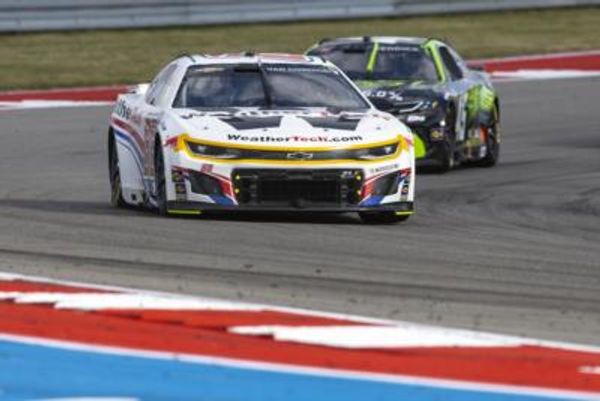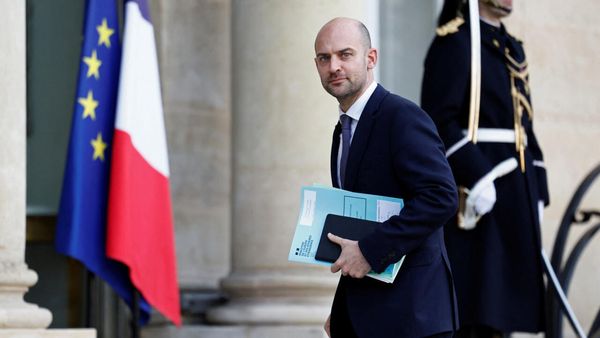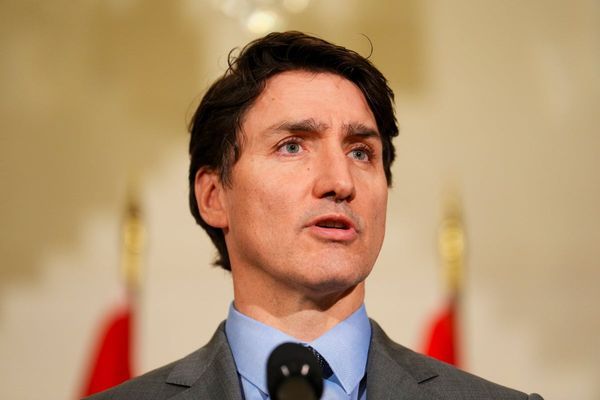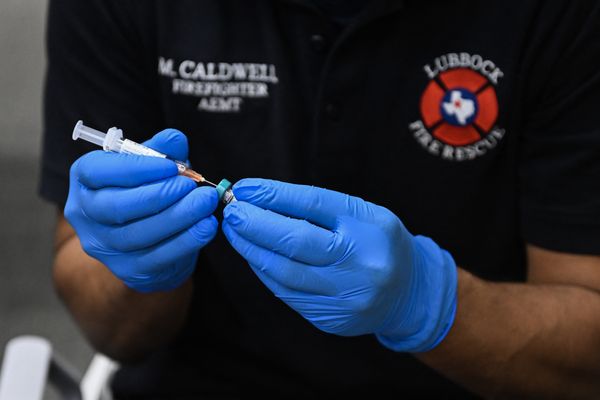Bolton's Ayaz Bhuta admitted he was in dreamland as he helped Great Britain to a famous wheelchair rugby gold at the Paralympics in Tokyo.
In a sport dubbed 'Murderball' it needed the street smarts of a couple of British bruisers to commit the perfect crime and pull off a gold medal heist.
Great Britain have never won a Paralympic wheelchair rugby medal while final opponents the United States are three-time champions and a dominant force.
But for all their pre-match stars-and-stripes swagger, they couldn't cope with free-scoring Jim Roberts and fellow enforcer Stuart Robinson, a no-nonsense Afghanistan veteran with a hard as nails stare that says 'Don't Mess'.
Roberts top-scored with 24 tries while Robinson weighed in with 14, as Great Britain took an early lead against the United States and never let it go.
In the group stages they were leading by five tries but finally slipped to a narrow defeat, but this time - with the pressure turned up to the max - they held their nerve for a stunning 54-49 victory.
"I can't believe we made history," he said. "It just means so much to be standing here with a Paralympic medal, I just can't believe it's a gold one.
"As a team we always had belief we could do something amazing at the Paralympics, I thought we could medal but probably didn't dare to dream about a gold.
"This is an incredible team, we've amazing coaches and support staff and all our friends and family back home, who make so many sacrifices, this is their medal too.
"As the tournament has gone on we've got better and better. We knew we had nothing to fear from the Americans. This win will give us so much self-belief now, the future is so exciting."
Anyone who has seen the famous 2005 documentary film 'Murderball' knows about the sport, players using their wheelchairs as battered bumper cars in an end to end game repeatedly punctuated by thrills and spills.
Rules are straightforward - carry the ball over the try line by any means possible. Players can’t make physical contact with an opponent’s body, but other than that, anything goes.
In Chuck Aoki the USA have the sport's superstar, a scoring machine the British team brilliantly negated, forcing him to give up two decisive turnovers in a match in which the underdogs always had the momentum.
Just four years ago the British team faced an uncertain future after their funding was cut, only to be partially restored in the build-up to this event.
"My first Games in Rio didn't go according to plan and finishing fifth was hard to take," said Bhuta.
"Losing the funding was tough but the group always stayed together, it really bonded us as a unit and team. When the funding came back it just made a massive difference, I guess this proves that."
Elsewhere, Andy Lapthorne and Antony Cotterill suffered defeat in the tennis quad doubles semi-finals as Dutch second seeds Sam Schroder and Niels Vink triumphed 6-0, 6-2.
However, Lapthorne and Cotterill still have a chance of a medal when they play Japan’s Mitsuteru Moroishi and Koji Sugeno in a shootout for bronze later this week.
No one does more to support our Olympic and Paralympic athletes than National Lottery players, who raise around £36 million each week for good causes including grassroots and elite sport. Discover the positive impact playing the National Lottery has at www.lotterygoodcauses.org.uk and get involved by using the hashtags: #TNLAthletes #MakeAmazingHappen







